Watering a Lawn Could Lead to Water Pollution, EPA
Storm runoff can result in a variety of problems, and its causes are just as numerous.
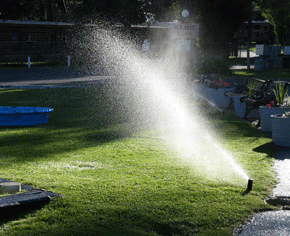
Without first traveling through a natural filtration system, like a wetland, or artificial filtration system, pollutants end up in waterways and damage ecosystems and water quality, according to the EPA. Cars, lawns, pets and other parts of everyday life lead to a major source of pollution for waterways, while impermeable surfaces like streets, buildings and sidewalks lead to increased runoff into storm sewers.
When it rains, or as snow melts the resulting water, known as storm runoff, carries excess litter, soil, fertilizer and other particulates to the nearest storm sewer, which then runs into nearby waterways.
“How would you feel if you knew that you and your neighbors are the biggest source of water pollution in the U.S.?” Seattle Times columnist Terri Bennett writes in her article “You and storm water: A major source of pollution.”
Inspired by Bennett’s article, here’s a look at how you may cause water pollution and how you can fix it:
Effects of runoff pollution
- Sediment can cloud water and slow or stop plant growth.
- Excess nutrient runoff from fertilizers can cause algae blooms. When the algae die, they sink to the bottom and breakdown in a way that removes oxygen from the water, hampering other aquatic organisms’ abilities to survive in the water
- Debris, such as plastic bags, bottles and cigarette butts can enter water bodies and can suffocate aquatic animals.
- Chemicals and other hazardous wastes, like paint, pesticides and automotive fluids, end up in water and can damage water habitats.
- Bacteria and other pathogens that wash into swimming areas can cause serious health hazards and may result in beach or swimming area closures
- Both people and animals alike may become sick from consuming diseased fish.
- Contaminated runoff also results in larger expenditures to clean the water for consumer use.
Ways to help prevent hazardous runoff
- Use a commercial car wash that treats or recycles its water. If you wash it in your yard, the water permeates into the ground.
- Repair leaks in your car and dispose all auto fluids at designated drop-off or recycling locations.
- Consider using a hose instead of a sprinkler to water your lawn as to not overwater it.
- Use as little pesticide and fertilizer as possible. Use organic or safer pest control methods when possible.
- Compost yard waste.
- If building a house, consider permeable pavement. This type of pavement allows water to seep through it instead of running off.
- Clean up after your pets. The most effective way is to pick up any droppings and flush them.
- Plant filter strips of native plants around the edges of yards, streams and waterways. These plants can help filter out pollutants from runoff before they reach a water source.
Sources: Environmental Protection Agency, Seattle Times

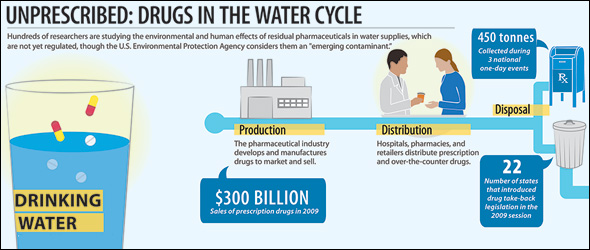
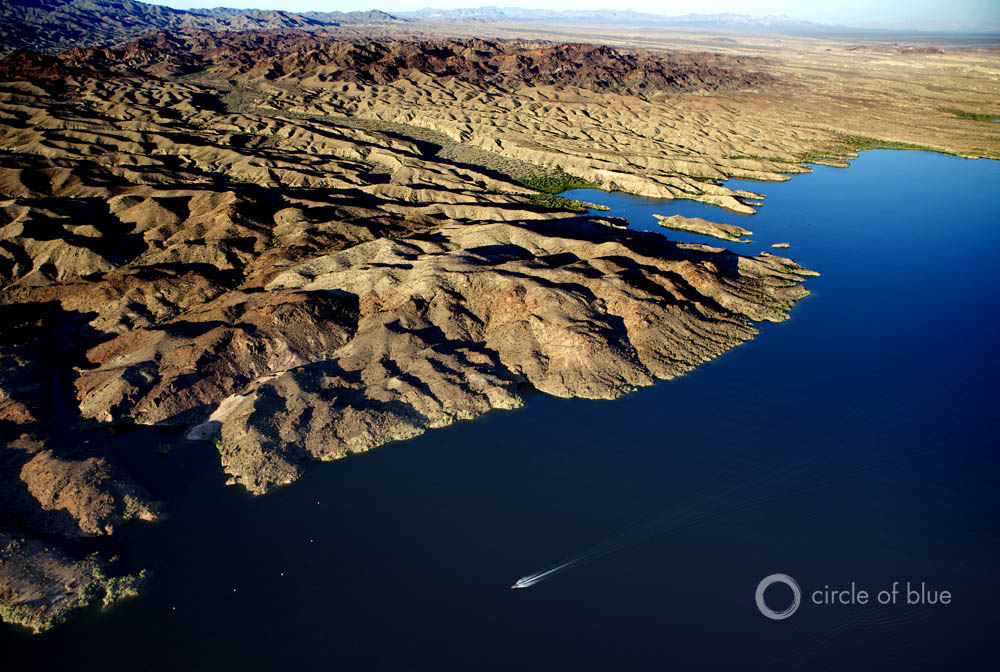

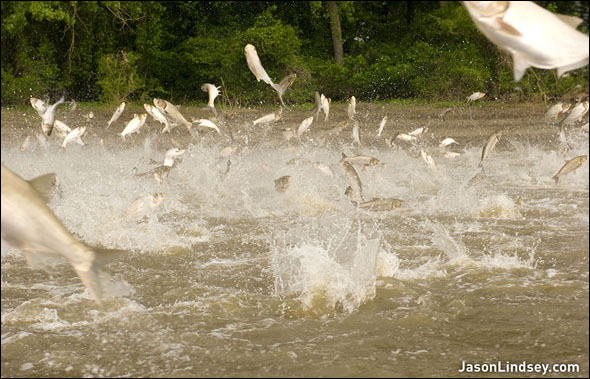


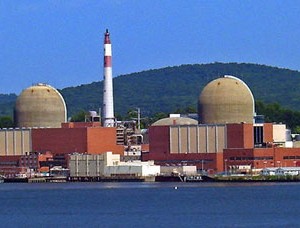
This is a great article to remind and make people more aware of the ramifications of their actions. If everyone would do at least one of the suggested ways to prevent hazardous runoff it would make a huge difference.
There are so many things wrong with our environmental policies, but as long as the EPA does not correct an essential water pollution test, by diverting the attention of the general public by blaming storm water and agricultural fertilizer runoffs, our open waters will keep deteriorating, especially since all the fertilizer used to grow food still will end up in the nitrogenous (urine and protein) waste in sewage, where it, due to this incorrect test, is ignored and not required to be treated. (www.petermaier.net)
So while the interim goal of the CWA was to achieve swimmable and fishable waters and the ultimate goal was to eliminate all water pollution by 1985; EPA still allows open waters to be used as urinals and many other pollutants to be dumped into our open waters.
In 1987, EPA of the record admitted that this essential test and regulations should be corrected, but at the same time also acknowledged that this would be impossible, as it would require a re-education and re-tooling of an entire industry, which is happy with the present status quo. Sadly nobody (politicians and the media) wants to hold the EPA accountable, as this apparently is too difficult to understand.